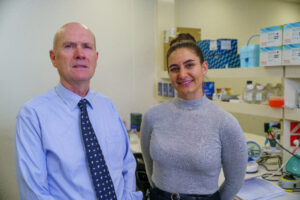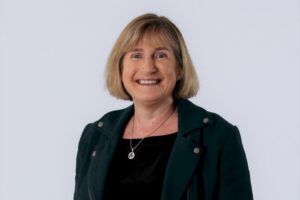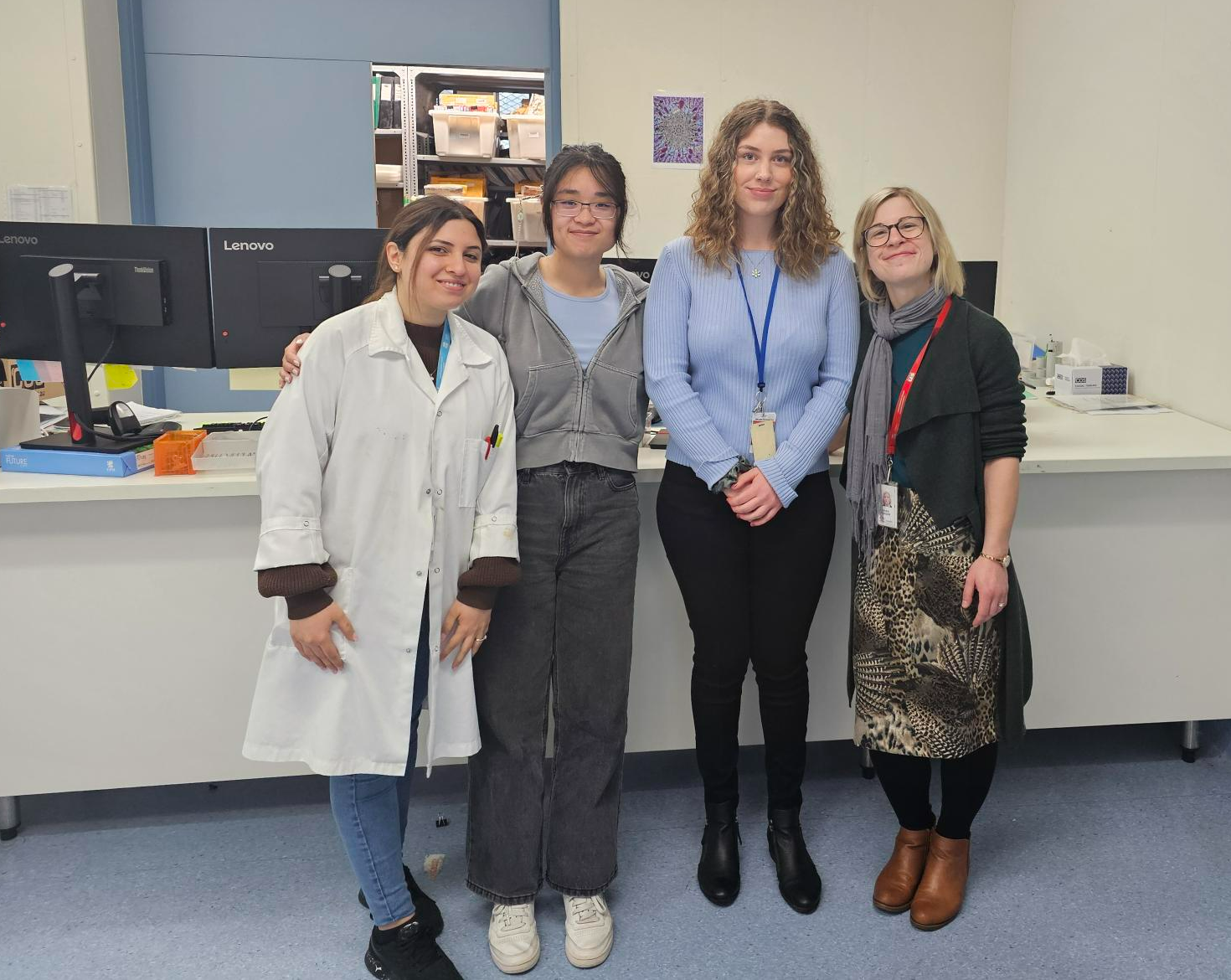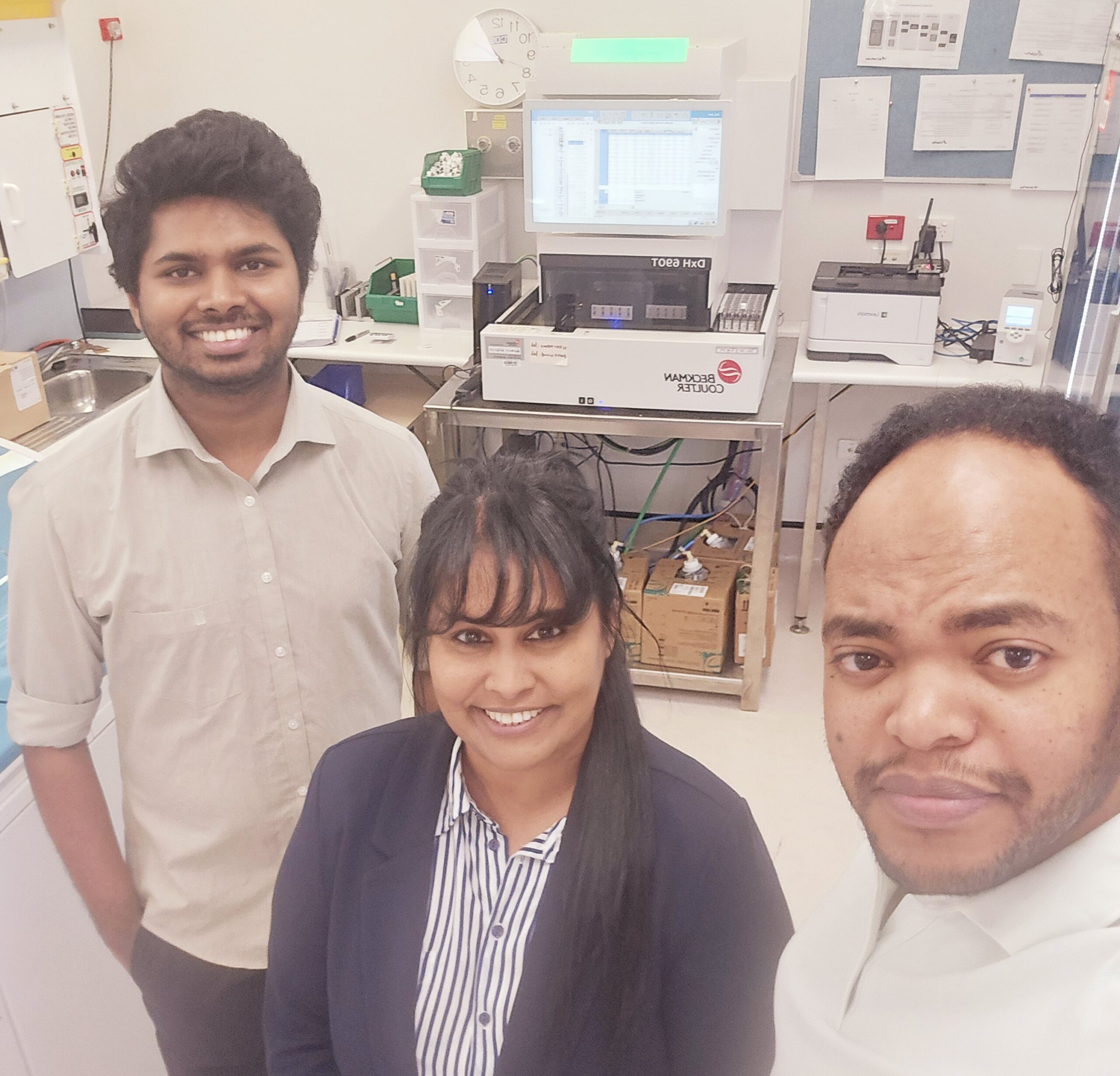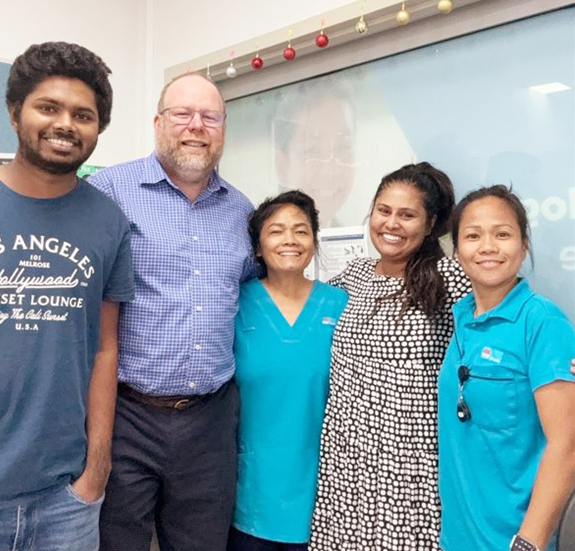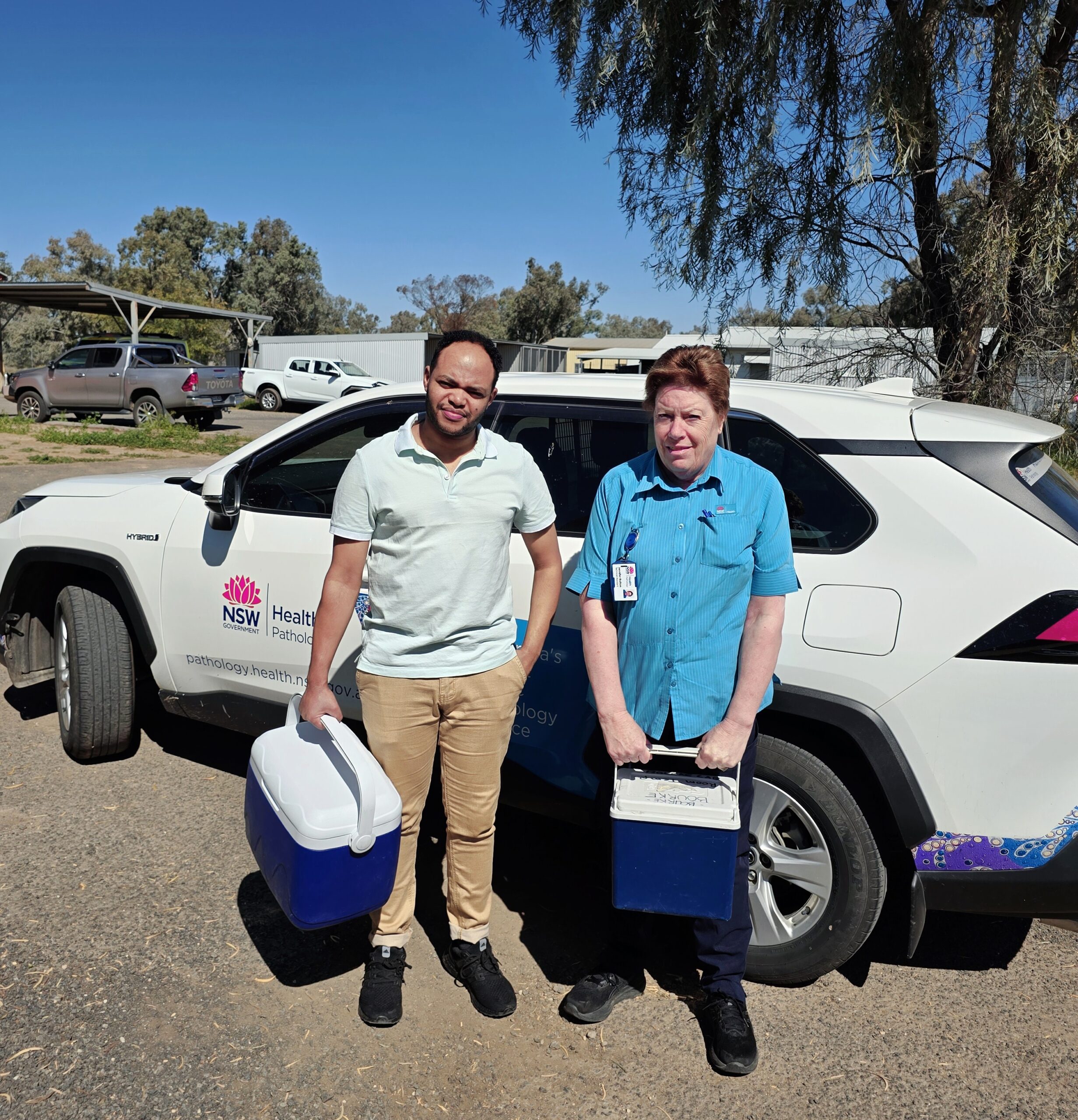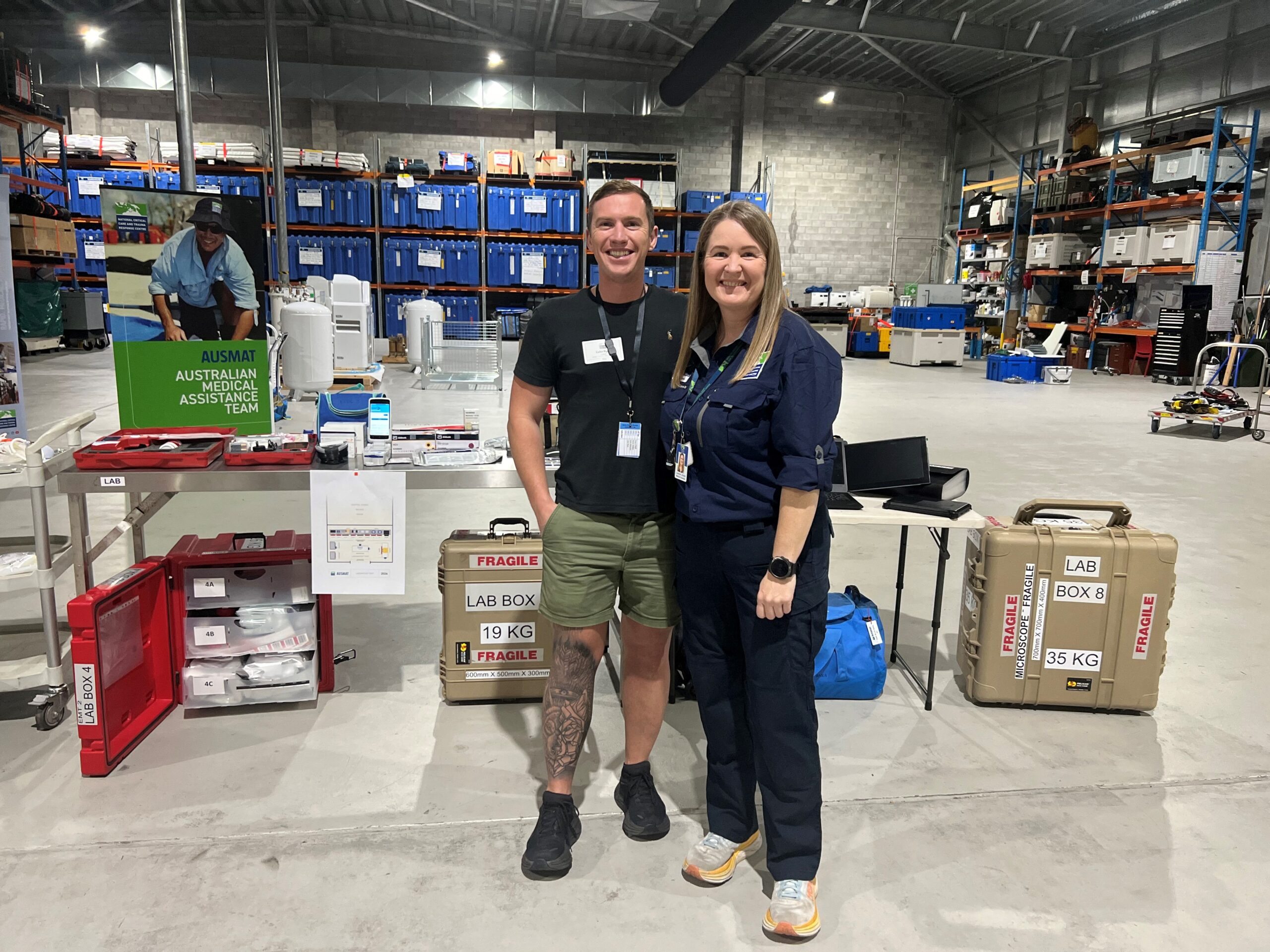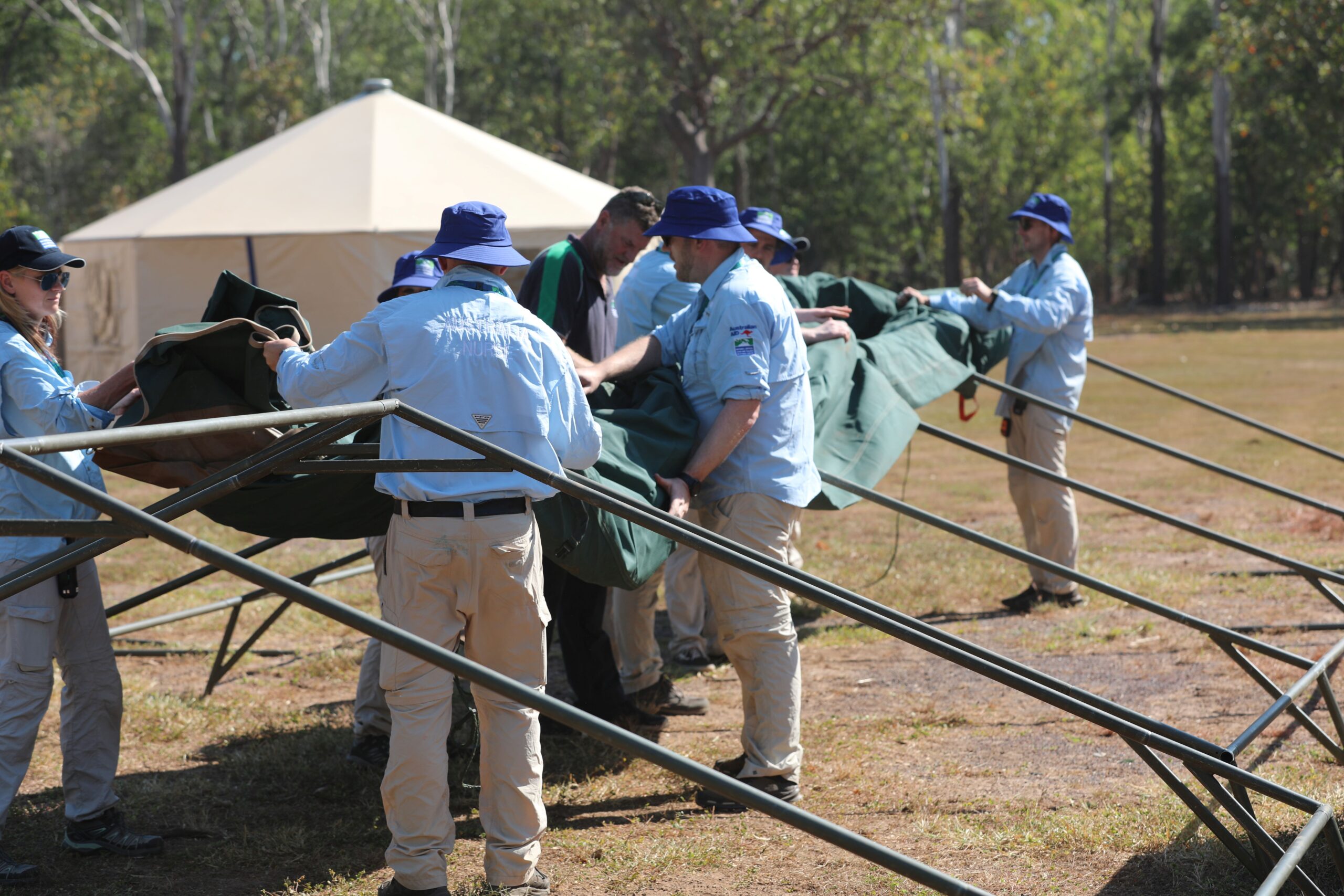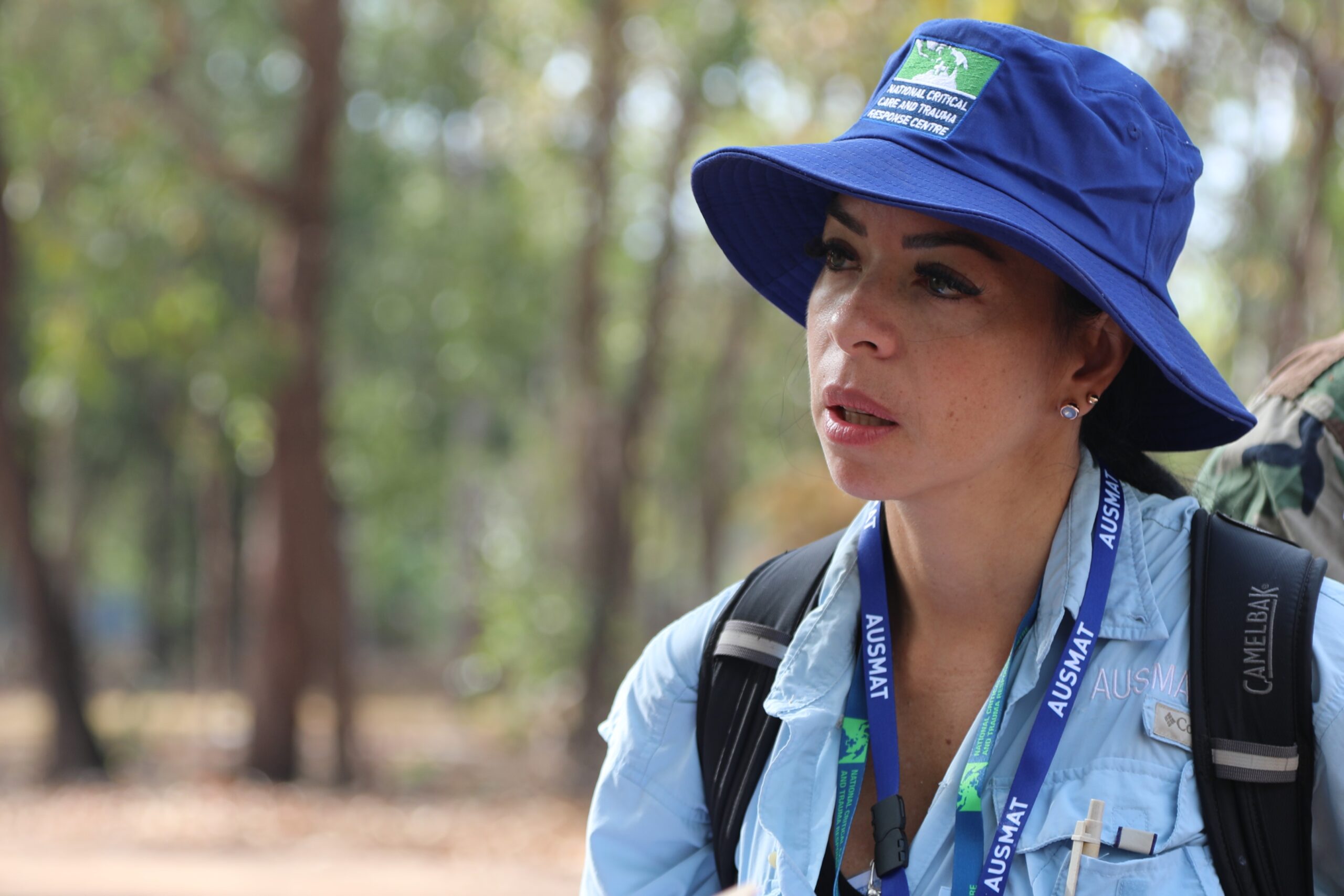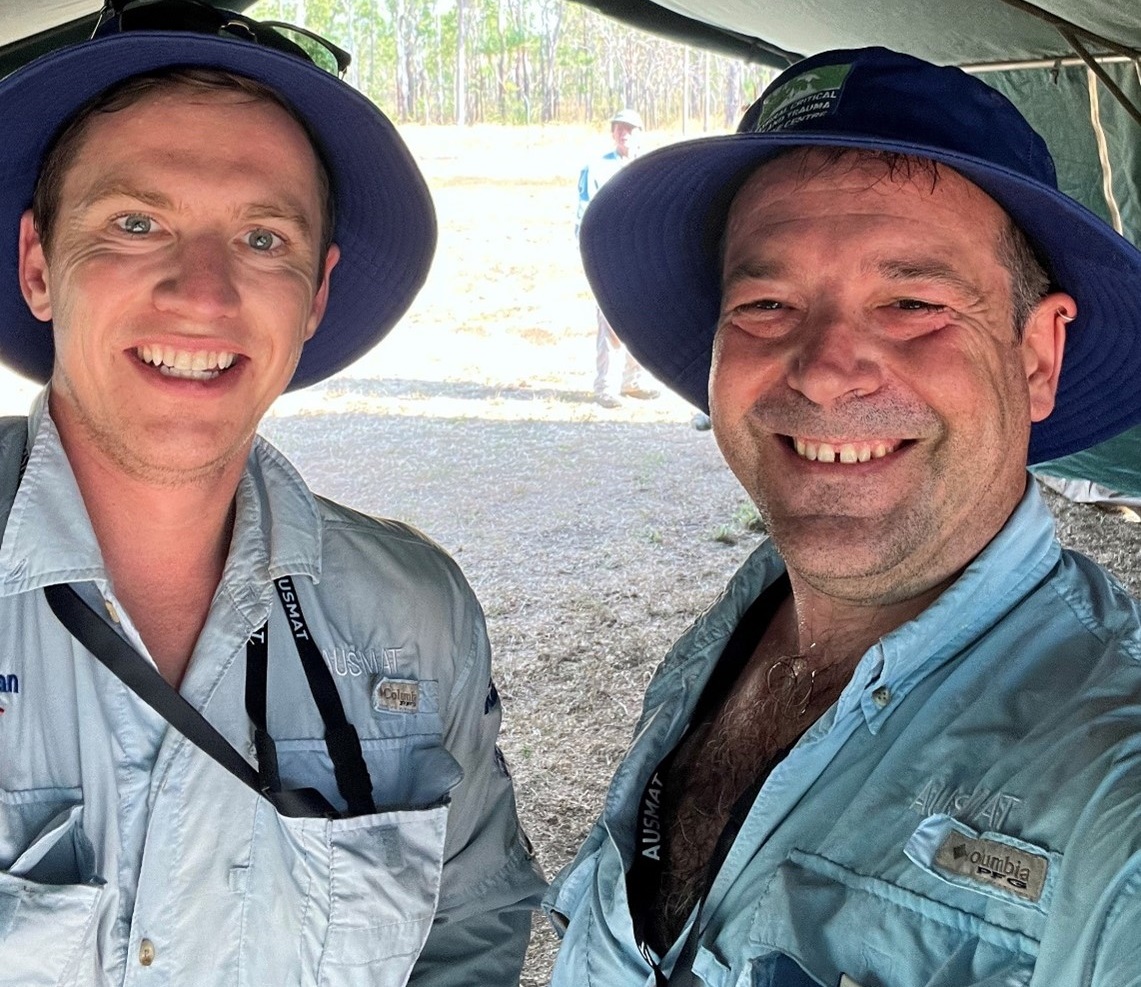Congratulations to Dr Catherine Pitman who has been appointed Director Public Health Pathology, NSW Health Pathology’s statewide service delivering a coordinated response for all NSW notifiable diseases in collaboration with the NSW Ministry of Health.
Previously, Catherine was Deputy Director of Public Health Pathology and had been Acting Director since March 2023, when Professor Dominic Dwyer stepped down. During this time, she has capably led the team with passion and energy, so it’s great to see her expertise further recognised.
In addition to this state-wide role, Dr Pitman is a Staff Specialist and Microbiologist at NSW Health Pathology. Catherine has broad Australian and international experience in health informatics, infection prevention and control, interjurisdictional and Commonwealth Privacy and Notifiable Disease law and consumer centric design.
Key priorities of the Public Health Pathology service is promoting collaboration between our expert teams of pathologists, scientists, technicians, ICT experts, logistics, and pathology collection staff.
As Director of Public Health Pathology, Dr Pitman works closely with her clinical peers, NSW Health Pathology laboratory staff and NSW Ministry of Health Directors to develop appropriate state-wide advice and input to address pathology-related system issues, and ensure NSW Health Pathology is responding to the evolving needs of NSW citizens, communities and the health system.
Learn more about our statewide Public Health Pathology service here.


